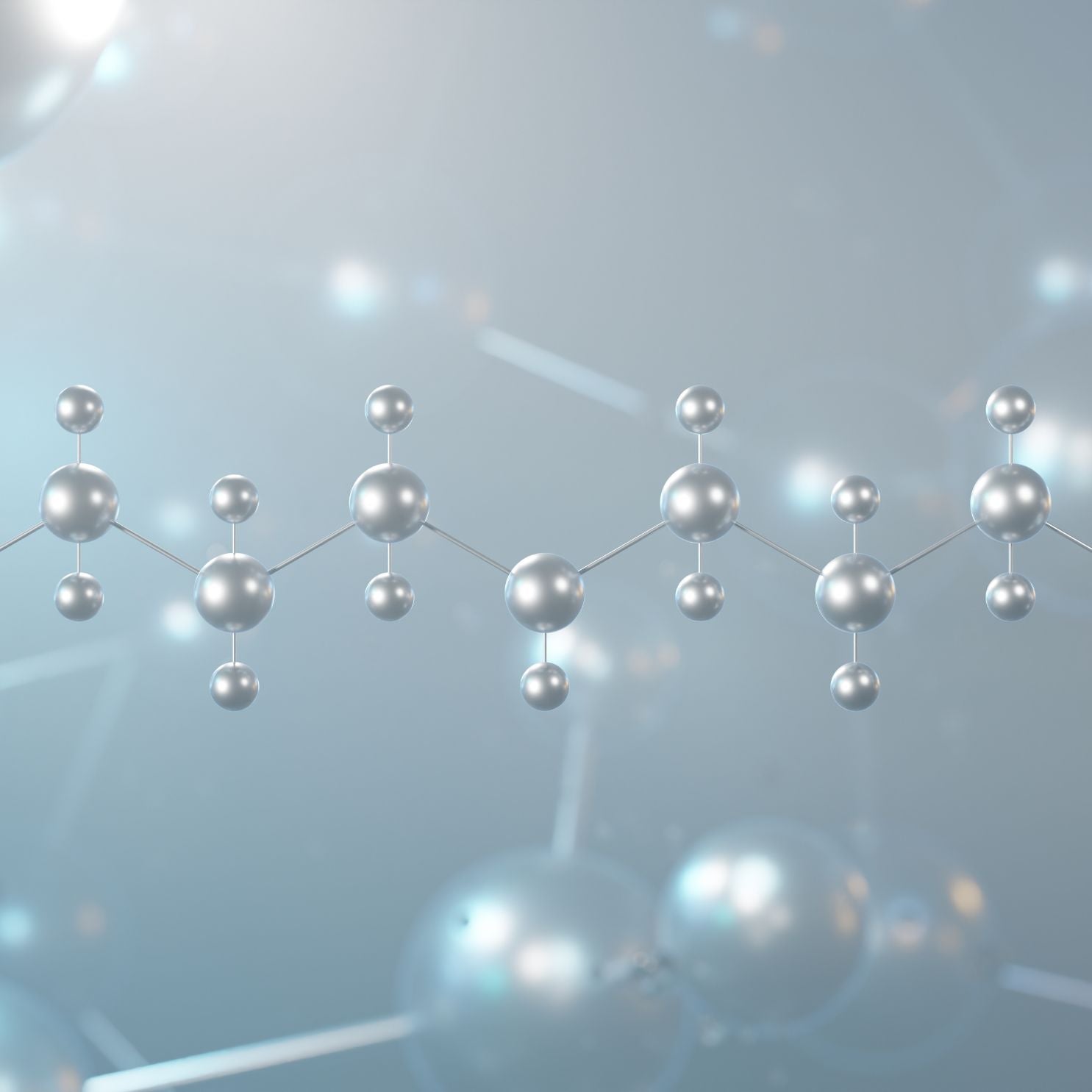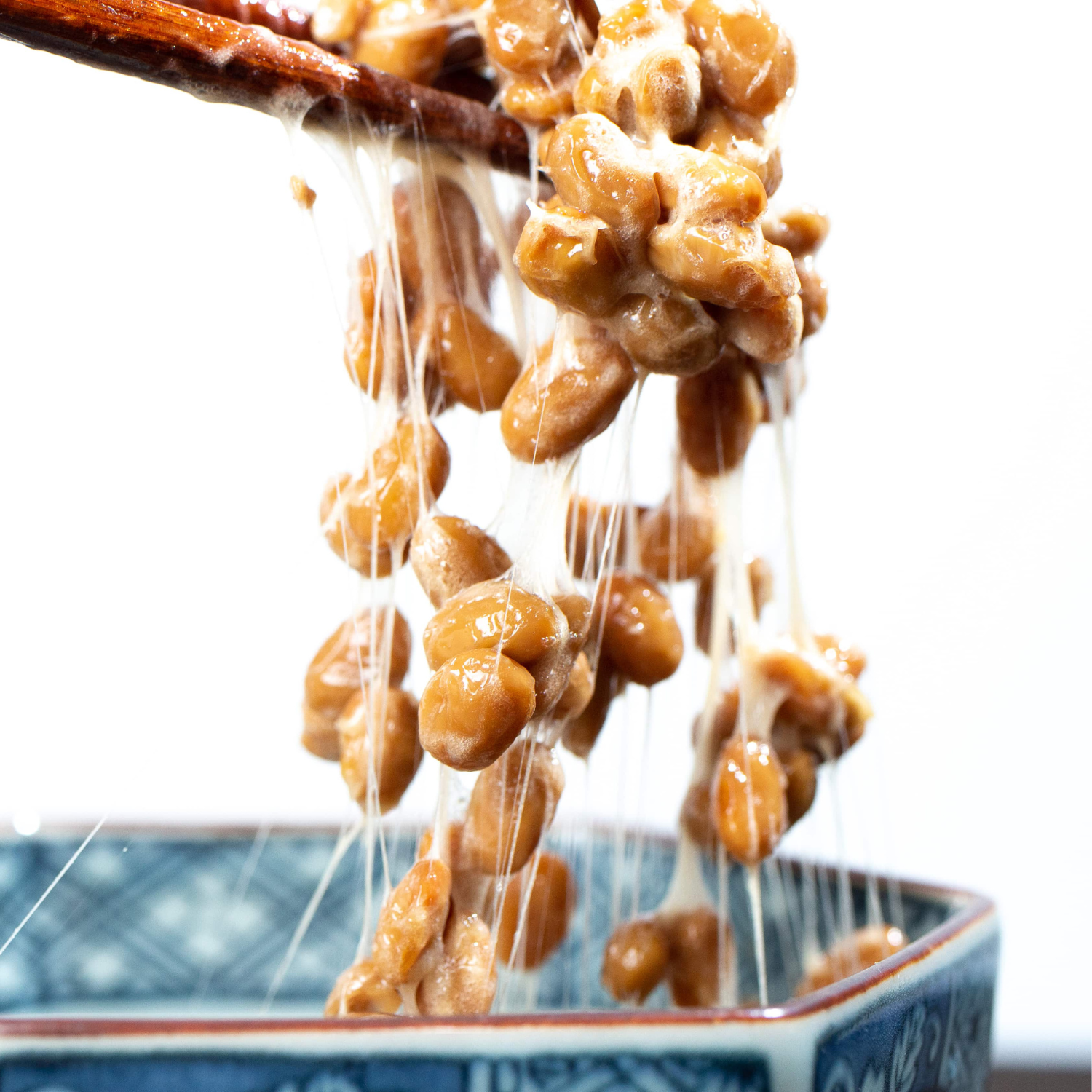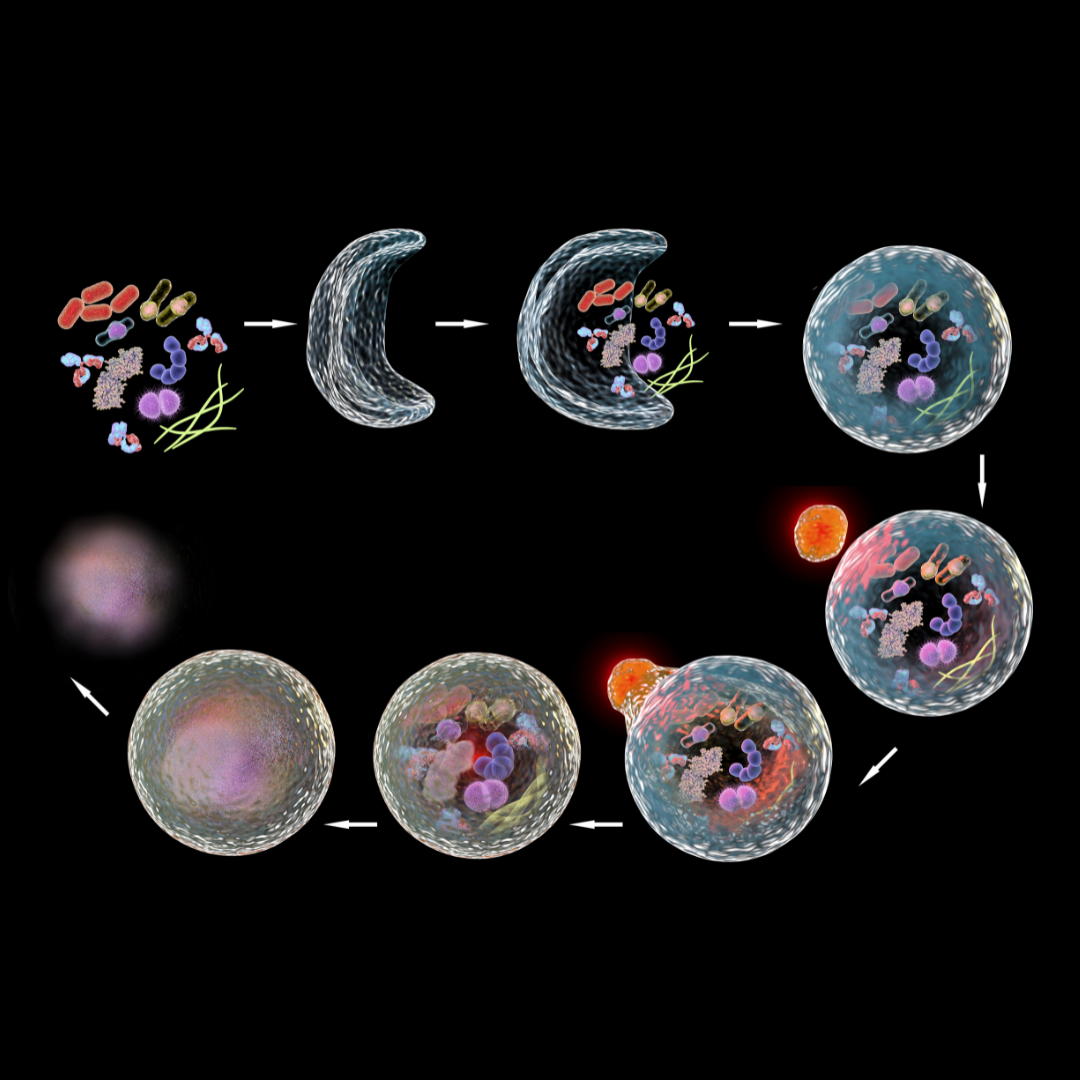What is Spermidine?

Spermidine Explained
Spermidine is a powerful, naturally-occurring polyamine that promotes autophagy, the body's vital cellular "clean-up" and recycling process. By clearing damaged cells and regenerating healthy ones, it supports overall cellular health and combats the "Hallmarks of Aging."
Human studies suggest spermidine enhances memory, cognitive function, heart health, hormone balance, fertility, and hair growth. Epidemiological studies also link higher spermidine levels to increased longevity, highlighting its potential for a longer, healthier life.
Visit our blog
Where is Spermidine Found?
About two-thirds of your body's spermidine is produced by your gut microbiome and tissues, while the rest comes from food. However, natural production declines with age, making supplemental, food-derived sources of spermidine essential.
Rich sources include wheat germ (which is in Primeadine® Original), the Japanese fermented soybean dish called natto (pictured), shiitake mushrooms, and peas.

What is Autophagy?
Autophagy is your body's internal cleanup and renewal system, sorting cellular waste into ‘rubbish’ for disposal and ‘recycling’ for reuse. It breaks down old proteins and dysfunctional organelles for energy while repurposing salvageable parts to build new, healthy cells. This vital process keeps the body functioning optimally by clearing damage and promoting cellular regeneration.
Learn more
What Are the Benefits of Spermidine?
Spermidine works at a cellular level, promoting autophagy, reducing inflammation, supporting mitochondrial function, and maintaining stem cell health. These internal benefits may translate into physical signs of vitality—improved energy levels, better sleep, sharper cognition, healthier skin, fuller hair, and balanced hormones.
By preserving cellular function and combating aging mechanisms, spermidine helps the body maintain a more vital, resilient state both inside and out.
Learn moreSpermidine and the "Hallmarks of Aging"
Mainly through the mechanism of autophagy, spermidine inhibits 9 of the 12 root causes of aging, known by scientists as the "Hallmarks of Aging".









